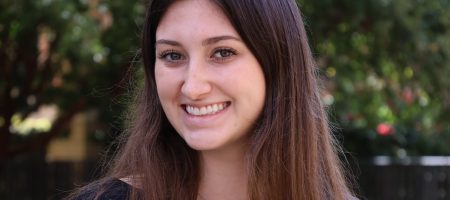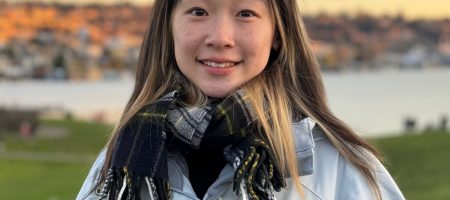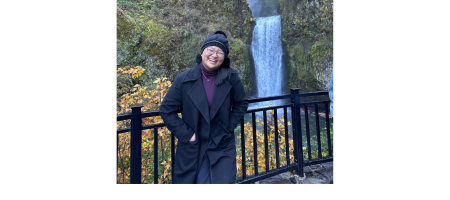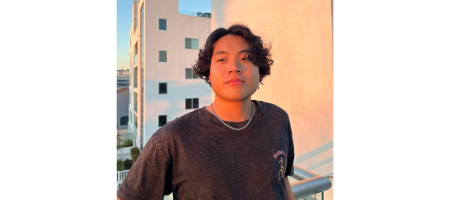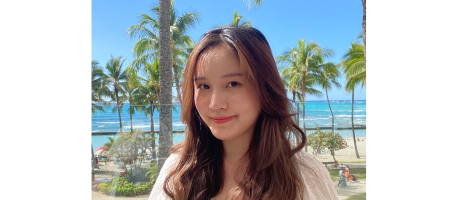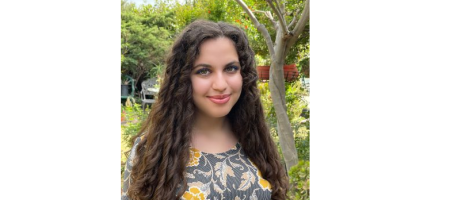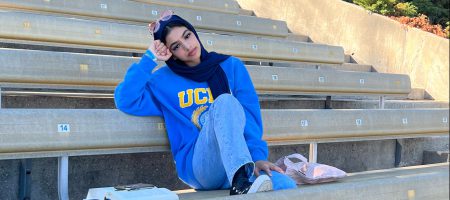Student Spotlight – Claire Smith
Meet UCLA undergraduate researcher Claire Smith!
Claire is majoring in Human Biology and Society with a minor in Professional Writing. She is part of the Undergraduate Research Scholars Program. The title of her project is “Evaluating the Efficacy of Mindfulness Self-Compassion Therapy in Mitigating Post Traumatic Stress Disorder Symptoms for Women Experiencing Homelessness with Substance Use Disorders.” Claire’s best piece of advice is to find a mentor whose work you really admire.
How did you first get interested in your research project?
I first became interested in community-engaged research through my work at the UCLA Mobile Clinic Project. This organization showed me firsthand the importance of using evidence-based, compassionate strategies. My work with MCP and Dr. Garfin’s REACH Lab have empowered me to continue advocating for resources and policies that support individuals experiencing housing insecurity.
What has been the most exciting aspect of your research so far?
The most exciting aspect of this research has been hearing feedback about the Mindfulness Self Compassion course. It’s wonderful to hear that some women feel it has really had a positive impact on their lives.
What is one piece of advice you have for other UCLA students thinking about doing research?
I would encourage students interested in beginning research to find a faculty or grad-student mentor whose work they admire. It can be really difficult to get started on your own, but having a mentor to guide you is incredibly helpful.
What effect do you hope your research has in your field, at UCLA, in your community, or in the world?
I hope that my research motivates funding bodies and community organizations to provide accessible and effective mental health programs to women recovering from trauma. As the literature surrounding housing insecurity and mental health therapies grows, I hope more people will prioritize trauma-informed care approaches for women experiencing housing insecurity.
You can follow Claire on Instagram at @cclairesmithh.


